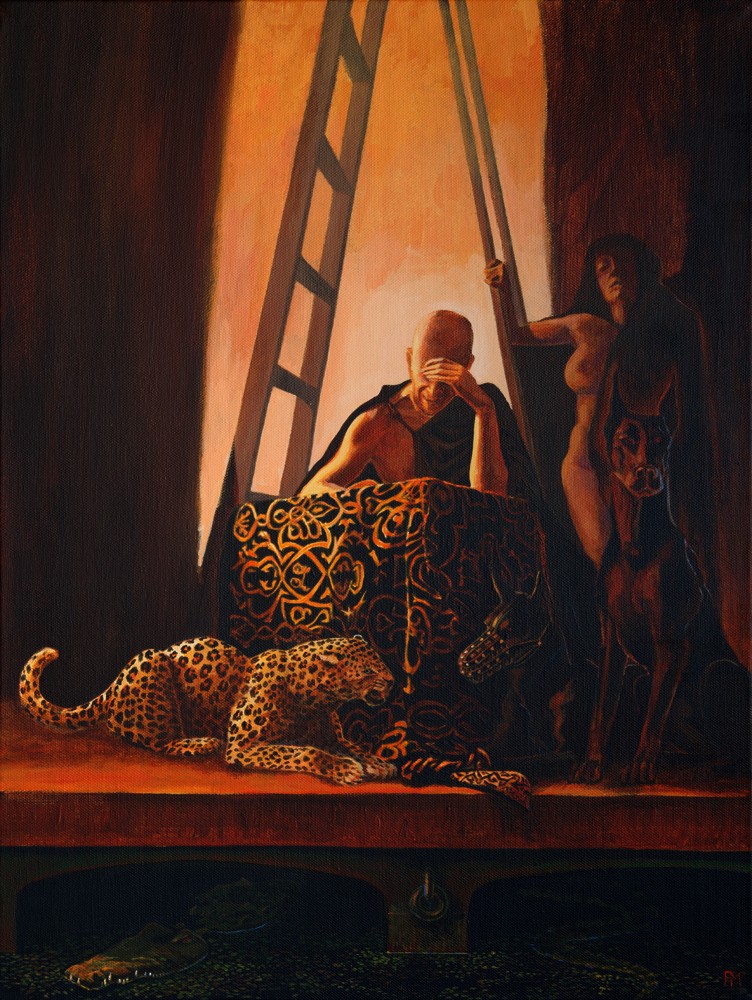I’m now doing week 1 of the 12 week programme.
I’m also a bit overweight, a lot in fact, a side effect of giving up smoking 15 years ago so I’m also looking at Julia Cameron’s The Writing Diet which looks compatible with Walking in the World.
It’s a case of I have to change aspects of my life and I want to write and share the joy of writing with others. Is writing for therapeutic effect incompatible with writing for communication? A resounding NO.
I believe that authentic story telling is driven by deeply held view’s and feelings that the writer or storyteller needs to get out of themselves and wants to share with others and in doing so, the shared experience resonates between them. That’s when you know good writing.
It’s beyond spelling and grammar. The use of language should be transparent; it should not get in the way of the meaning through poor grammar or spelling that irk some people, or use of dialect that becomes a chore to read, or using vocabulary that’s out of place, or showy language just to prove you’ve a great command of the language.
Let it be what it needs to be, to get the thought into the mind of another soul, to be understood, to be felt, to be identified with.
